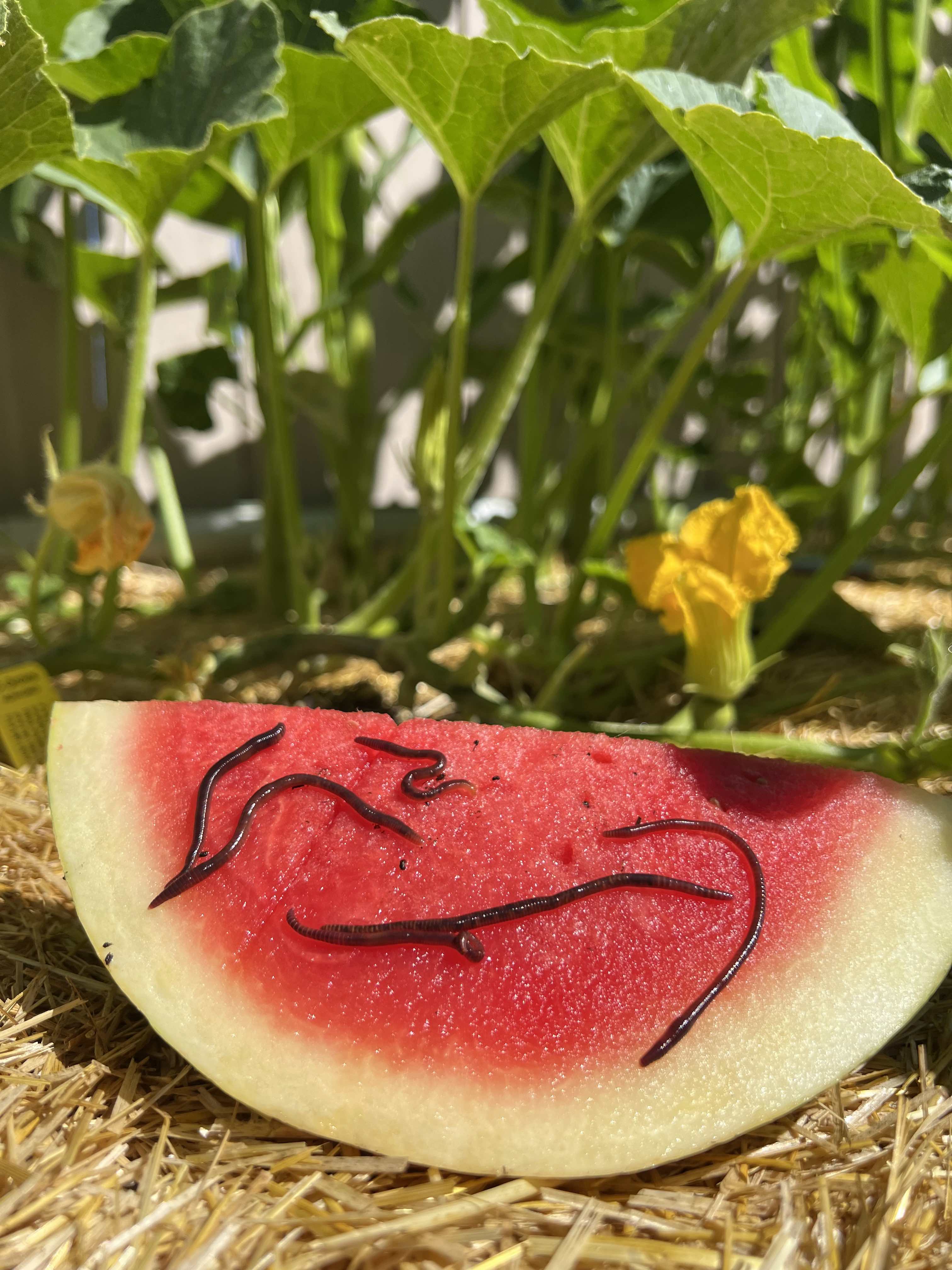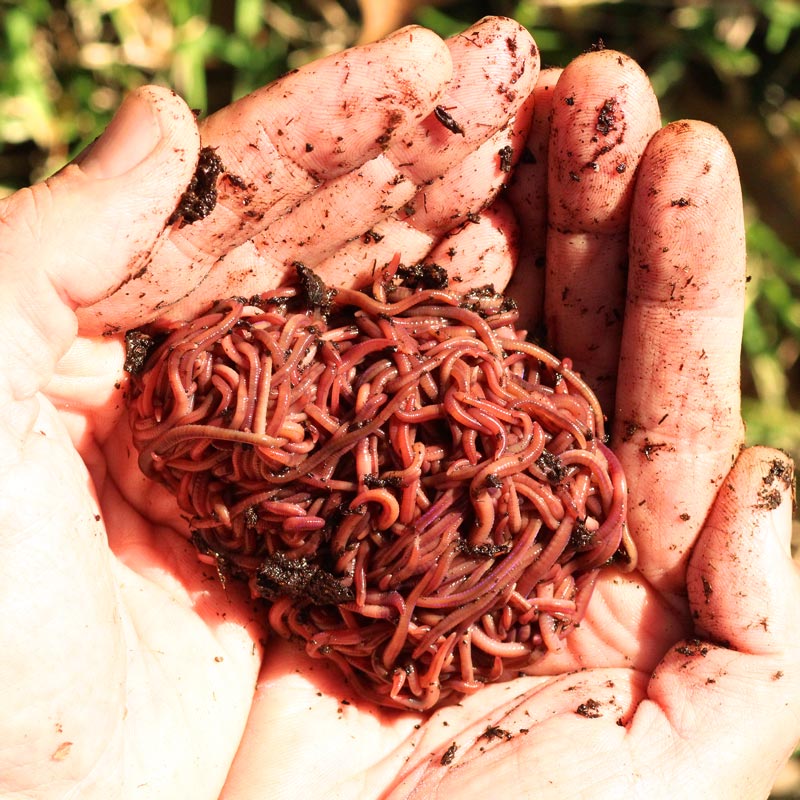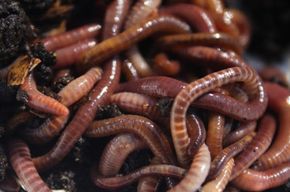Purchase Red Wiggler Worms - Ideal for Composting and Gardening
Red Wiggler Worms Demystified: Opening the Tricks of Vermiculture for Greener Living and Nutrient-Rich Soil
In the world of sustainable practices for enhancing dirt quality and advertising eco-conscious living, red wiggler worms play a pivotal yet frequently forgotten function. Red Wiggler Worms. Comprehending the ins and outs of caring for these worms, enhancing their atmosphere, and using their castings can lead to a greener way of life and healthier dirt for plants to flourish.
The Duty of Red Wiggler Worms
Red Wiggler worms play an important function in composting systems by successfully breaking down organic matter right into nutrient-rich spreadings. These voracious eaters take in a selection of organic materials, such as cooking area scraps, lawn waste, and paper products. As they feed, the worms' digestion procedures break down the organic issue right into a penalty, dark, and nutrient-dense material understood as worm spreadings or vermicompost.
The castings produced by Red Wiggler worms are extremely valuable for dirt health and plant growth. They are rich in essential nutrients like potassium, phosphorus, and nitrogen, which are vital for supporting healthy and balanced plant development. Additionally, worm castings include helpful germs and enzymes that aid enhance dirt structure, increase water retention, and boost nutrient uptake by plants.
Advantages of Vermicomposting

It improves dirt framework, improves soil oygenation, and increases dirt dampness retention. Vermicompost likewise enriches the dirt with necessary nutrients like nitrogen, phosphorus, and potassium, promoting plant development and overall soil fertility.
Furthermore, vermicomposting supports lasting gardening techniques by giving a natural and chemical-free choice to synthetic fertilizers. Red Wiggler Worms. This eco-friendly strategy not just enriches the soil however likewise helps in reducing dependence on dangerous chemicals, advertising a greener and more sustainable way of gardening
Setting Up a Worm Bin
When establishing a worm bin for vermicomposting, appropriate setup is vital to guarantee the success of the composting process. The initial step in setting up a worm bin is selecting an appropriate container. This can be a plastic bin or wooden box that offers sufficient room for the worms to relocate about and has correct water drainage openings to protect against waterlogging. Next off, a bed linens product such as shredded paper, cardboard, or coconut coir must be included in the bin. This bedding gives a comfortable environment for the worms and helps keep dampness levels.
After including the bed linen, introduce the red wiggler worms to the container. It is suggested to begin with a small number of worms and progressively increase as they increase. The worms ought to then be given with food scraps such as vegetables and fruit peels, coffee premises, and eggshells. It is necessary to prevent including meat, dairy products, oily, or salty foods to avoid bring in parasites and producing undesirable smells.
Frequently keep track of the moisture degrees and temperature in the worm container to guarantee optimal conditions for the worms. With correct arrangement and maintenance, the worm container will effectively convert natural waste into nutrient-rich garden compost for your plants and yard.
Collecting Worm Castings
To effectively collect nutrient-rich worm spreadings from your vermicomposting system, an organized harvesting method get more is vital. When it comes time to gather the worm spreadings, there are a Our site couple of key actions to comply with to make certain an effective procedure.

Troubleshooting Common Issues
Identifying and addressing usual difficulties that might occur throughout the vermicomposting process is essential for preserving a efficient and healthy and balanced worm bin. Including excess food scraps can lead to a buildup of dampness and level of acidity in the worm container, possibly damaging the worms. Another issue is unpleasant smells rising from the worm bin.
In addition, if the worm population is declining or the worms show up unhealthy, maybe due to environmental stress factors such as extreme temperatures or pH degrees. Checking these elements and making necessary adjustments is essential for the wellness of the worms. By fixing these typical concerns quickly, vermicomposters can ensure a effective and smooth vermicomposting procedure while maintaining a prospering worm populace.

Conclusion
To conclude, red wiggler worms play a critical duty in vermiculture by damaging down natural issue right into nutrient-rich soil. The advantages of vermiculture include greener living and improved soil quality. Establishing a worm bin is important for effective vermiculture, and collecting worm spreadings offers important compost for gardening. By understanding and troubleshooting common concerns, people can open the tricks of vermiculture for sustainable living and healthier soil.
As they feed, the worms' digestive procedures damage down the natural matter right into a fine, dark, and nutrient-dense material known as worm castings or vermicompost.
The castings produced by Red Wiggler worms are highly valuable for soil wellness and plant growth. Including excess food scraps can lead to an accumulation of moisture and acidity in the worm container, potentially damaging the worms.Furthermore, if the worm population is decreasing or the worms show up undesirable, it can be due to ecological stressors such as severe temperatures or pH levels. Establishing up a worm bin is vital for effective vermiculture, and harvesting worm spreadings supplies valuable garden compost for gardening.